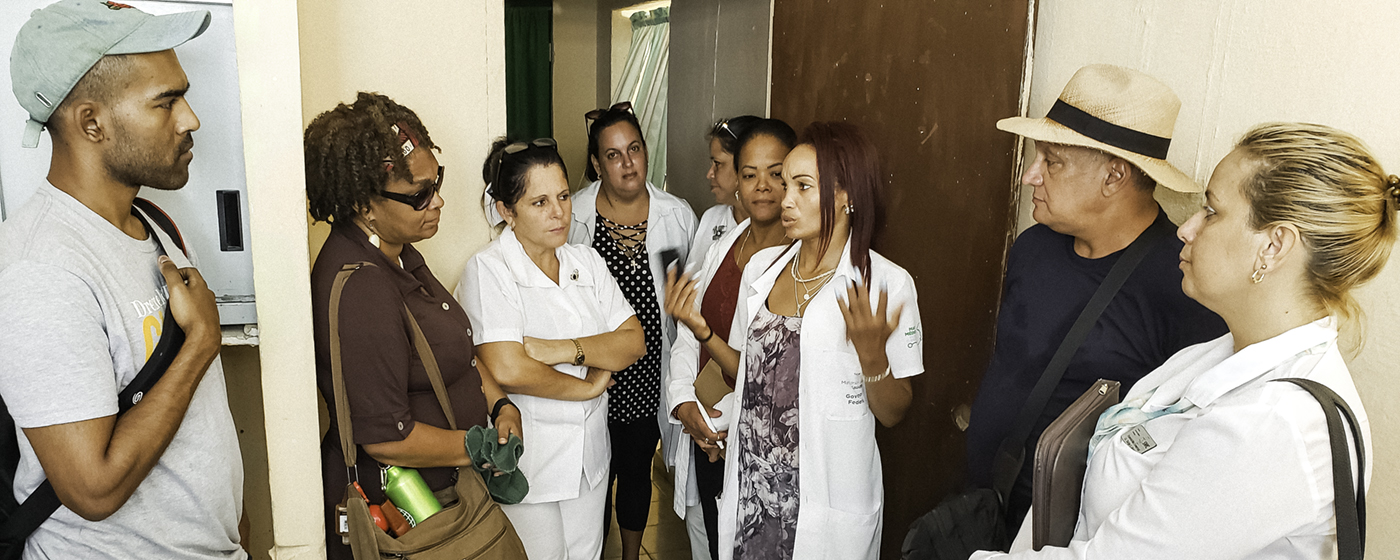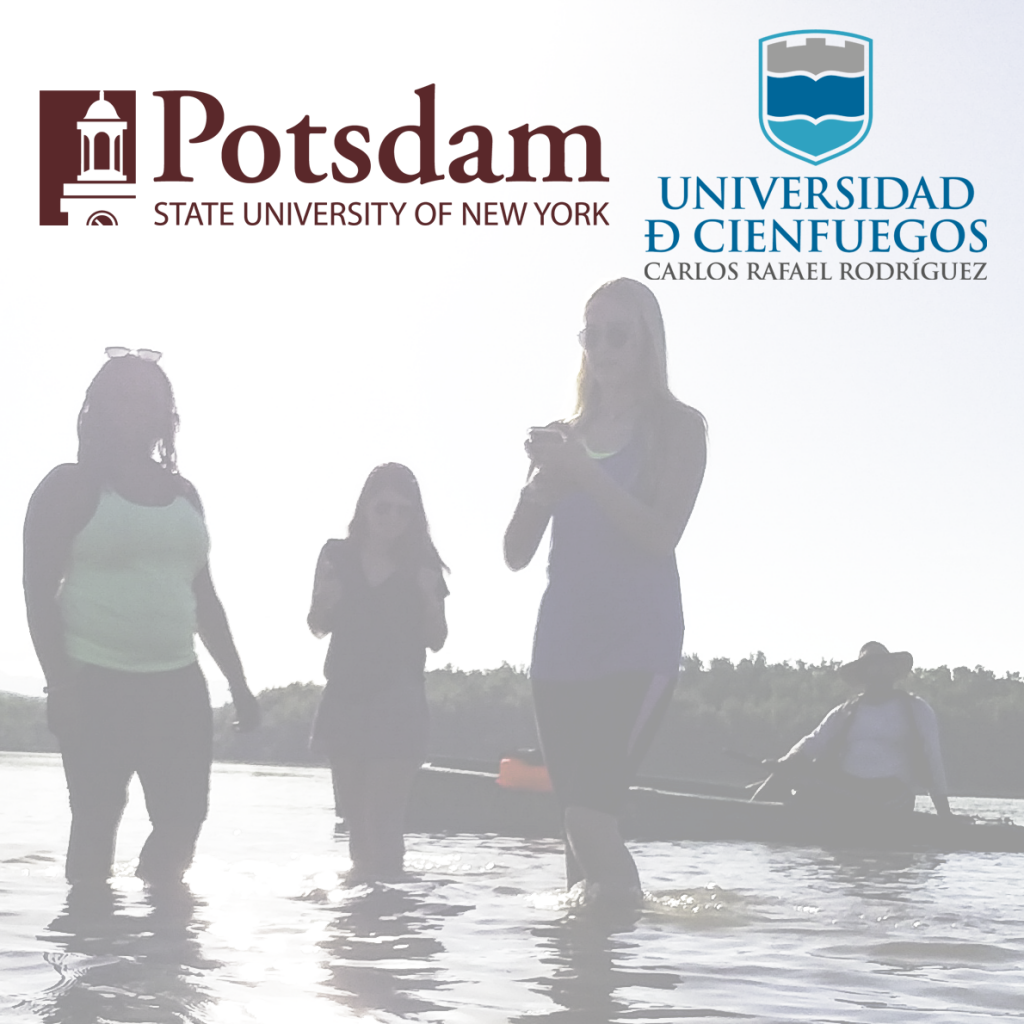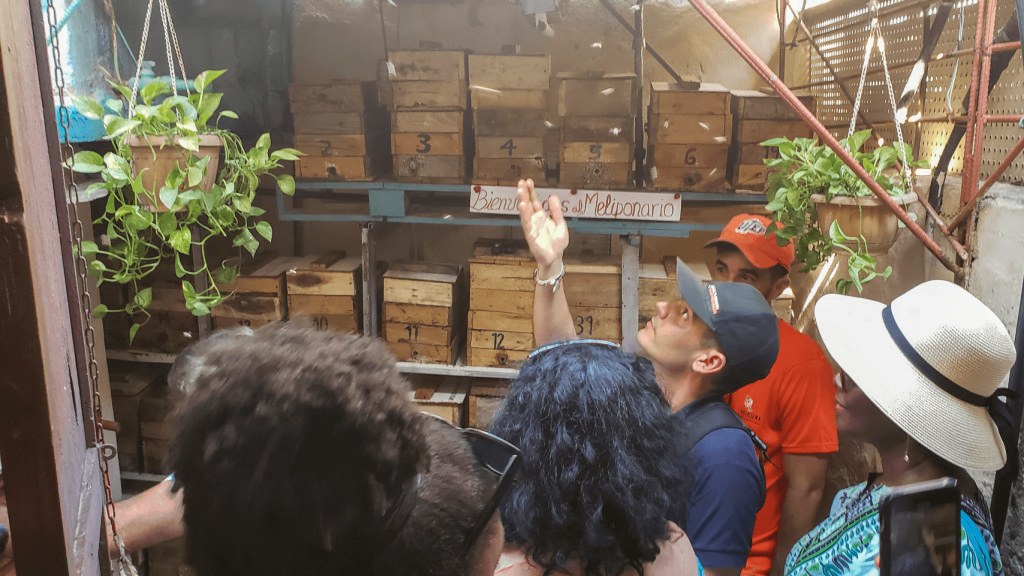COURSE DESCRIPTION
There is a critical need to address major development challenges for humanity (as defined by the United Nations) especially in settings throughout the world where health, wealth, and stage of development vary widely. The Cuban health care system provides a unique context for public health exploration given its national priority on an equitable distribution of health care services. Through a series of sessions with public health experts in Cuba, this course gives students an understanding of the complex nature of community health through a socioecological lens. It also focuses on the role of the public health practitioner when working with communities. This course is NOT a criticism of political systems, a means to establish what is right and wrong, or a comparison of “us” versus “them”. Public health is a field of understanding. Thus, we will explore contemporary questions such as: What are the global trends in population health? How are HICs supporting LICs in addressing issues related to climate change, poverty, and inequality? What role do micro- and macro-level determinants impact quality and length of life? How do community health programs thrive? Are there limits to public health? This course provides an integrated approach to public health learning that includes activities in the traditional classroom environment and in the community setting.
COURSE OUTCOMES
- Identify concepts that influence health status and affect population health.
- Recognize the multi-level determinants of global health issues, with an emphasis on social justice and human rights.
- Define the roles of major actors in global public health, their approaches (including interventions, research, and activism) and their challenges.
- Describe the extent and impact of major global health issues, recognizing and tracing multiple causes and consequences of poor health.
- Discuss the value of the UN Sustainable Development Goals as a model framework for successfully addressing community health issues and social inequities.
- Application Deadline: March 15
- NO Spanish Requirement
- Number of Credits: 3
- Number of Weeks: 5
- Course Begins: May 22, 2023
- Course Ends: June 26, 2023
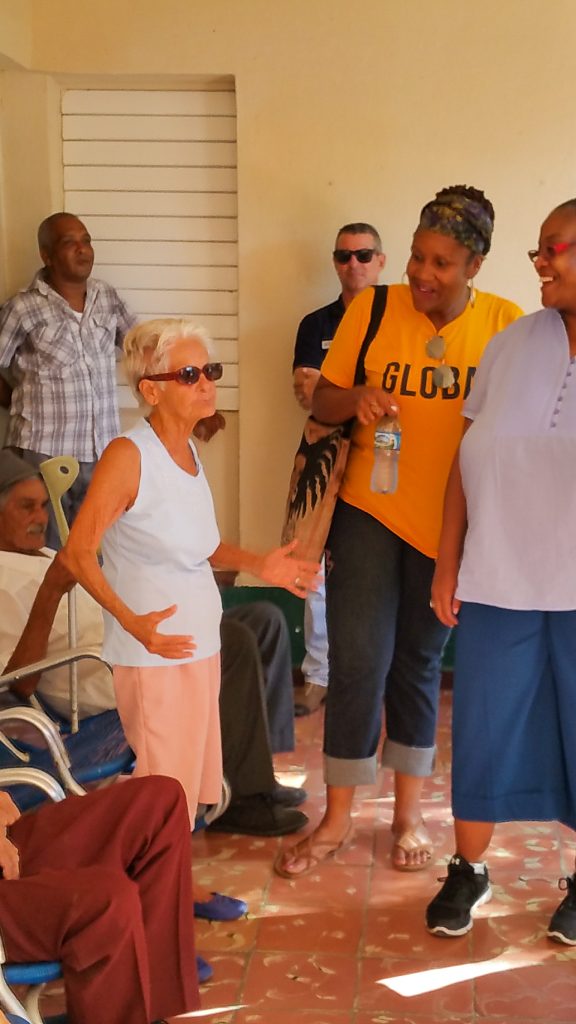
ABOUT THE COURSE LEADERS
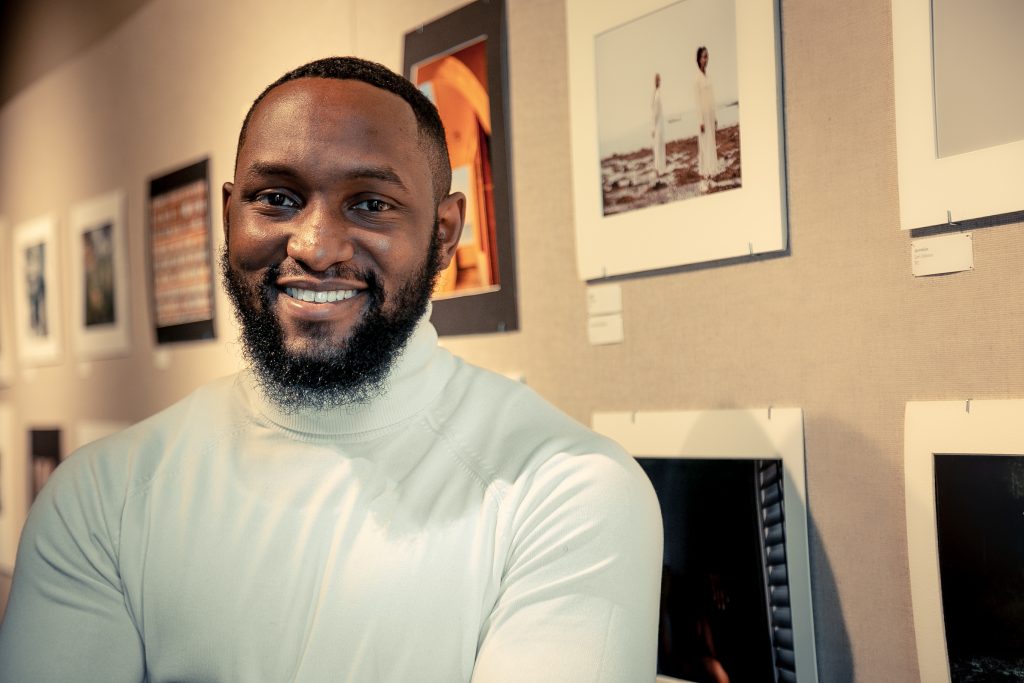
Professor Idris Robinson is a native of Philadelphia and currently the Director of Global Health Engagement in the Dornsife School of Public Health at Drexel University. He is a system’s thinker, whose work focuses on health equity issues that disproportionality affect Black people throughout the world. In addition to working in 30 low-income countries on social and behavioral change projects, Idris has taught global public health courses in the Drexel MPH program and globally at the University of Cienfuegos in Cuba and the University of The Gambia in West Africa. Idris is also a public health doctoral candidate whose research goal is to maximize the treatment effect of adopting cultural spaces—like the Black barbershop—for health promotion interventions that target the diverse needs of Black men.
Research Interests: Black men’s health disparities, Impact of culture/sociocultural factors on health outcomes, Health equity in the Global South context, WaSH social and behavior change
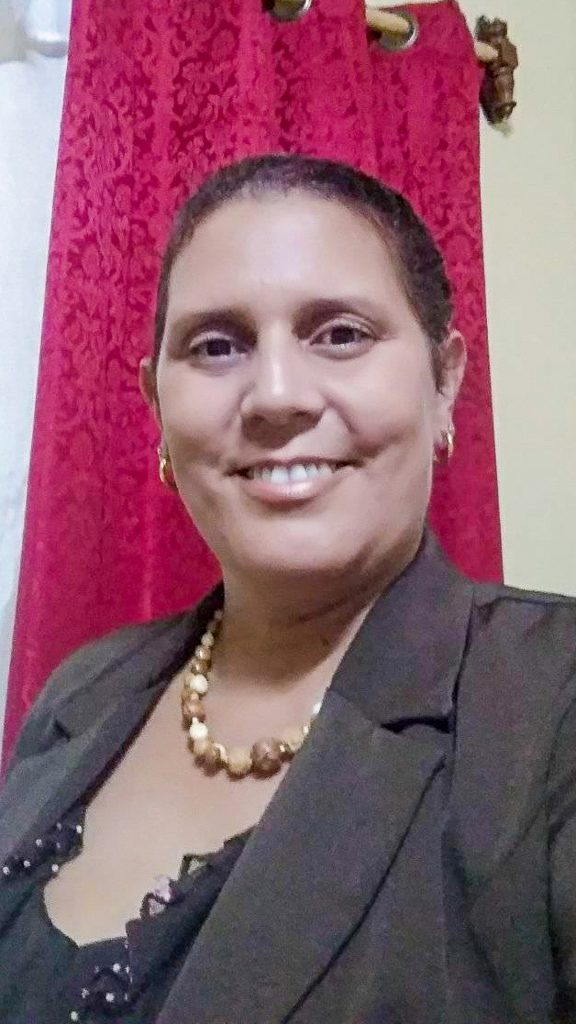
Dr Vanesa Barbara Fernández Bereau is an Assistant Professor and the current Director for the Center for Sociocultural Studies (CESOC) for the Faculty of Social Sciences at the University of Cienfuegos. Her teaching projects currently include 2 master’s degree projects, 4 undergraduate projects. Dr. Fernadez Bereau’s research projects have been published in various articles and magazines and in the proceedings of national and international events.
Her awards and recognitions include the Young Investigator National Prize from the Ministry of Science, Technology, and the Environment (CITMA), and the “Pedagogue Novel” National Prize from the Association of Cuban Pedagogists (APC). Dr. Fernández Bereau is a member of the Civil Association for Health Promotion of Argentina, the National Network of Popular Educators, the National Network of Youth Studies, the National Network of Universities for Health and coordinates the Provincial Network of Universities for Health at the University of Cienfuegos.
Dr. Fernandez Bereau obtained her PhD in Educational Sciences at the University of Havana, has a Master’s and Bachelor’s Degree in Sociocultural Sciences from the University of Cienfuegos.
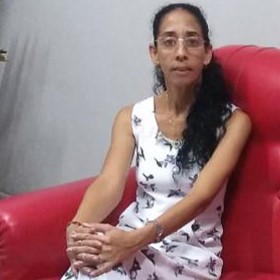
Dr. Yiddishy Rodríguez Veloz is the Head of the Department of Special Education in the Faculty of Educational Sciences of the University of Cienfuegos. Dr. Rodriquez Veloz’s research work centers on the training of professionals for the inclusion of people with disabilities at all educational levels. She is a graduate of the special education program, and earned her Master’s and PhD. In Educational Sciences.
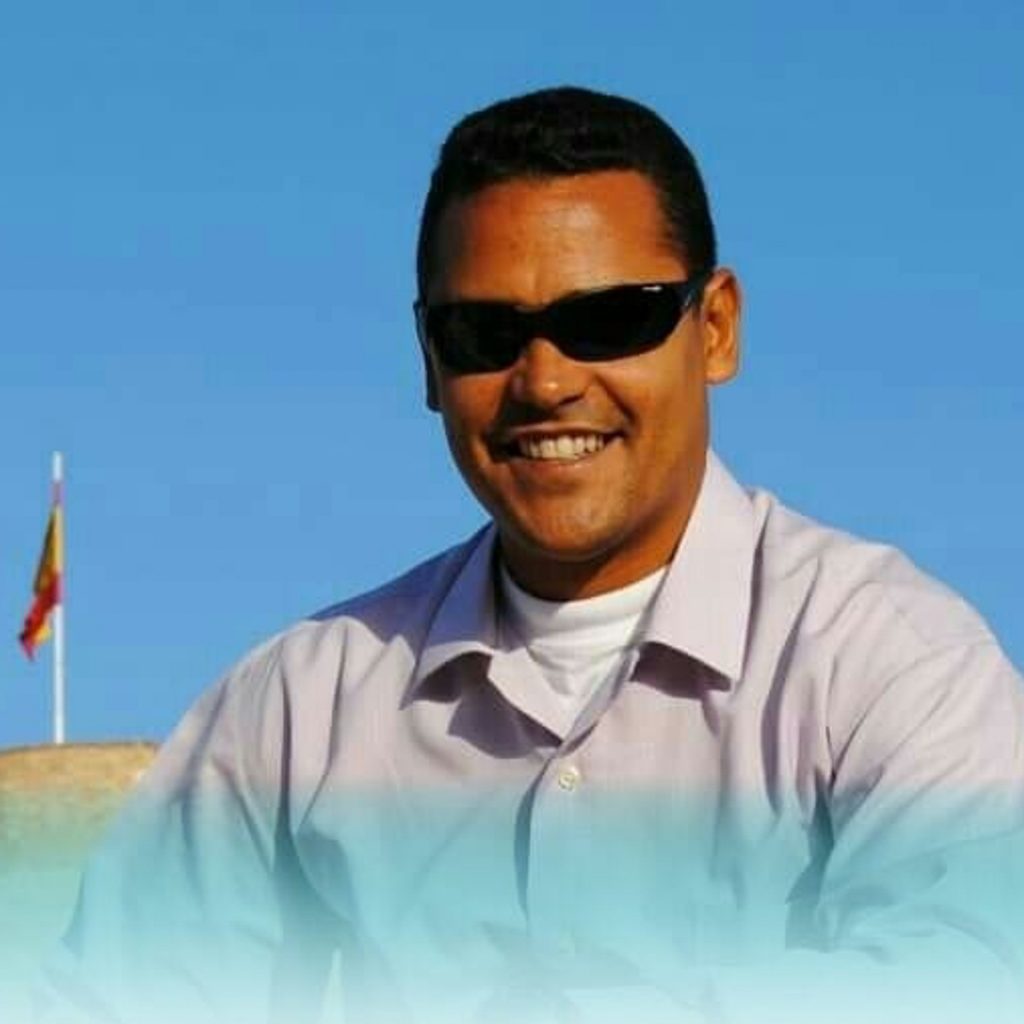
Dr. Alexis Juan Stuart Rivero is a Cuban professor and is currently the Dean of the Faculty of Physical Culture and Sports Sciences at the University of Cienfuegos. He earned his Doctor of Sciences from the University of Granada, Spain and received his approval in Cuba. Dr. Stuart Rivero is a Physical Culture professional since 1995, where he has been able to exchange experiences in countries like Spain, Venezuela and Mexico on issues related to health promotion from the practice of physical activities for different ages; Physical Education in its different levels of teaching and the influence of interculturality in Cuba for Cuban Salsa as a popular dance. He has been a promoter of the teaching of this dance and has taught “Cuban salsa” in countries such as Luxembourg, Germany and Spain.
Research interests: Systematic practice of physical activity as health promotion and school Physical Education.
Already have an account? Log In Here

